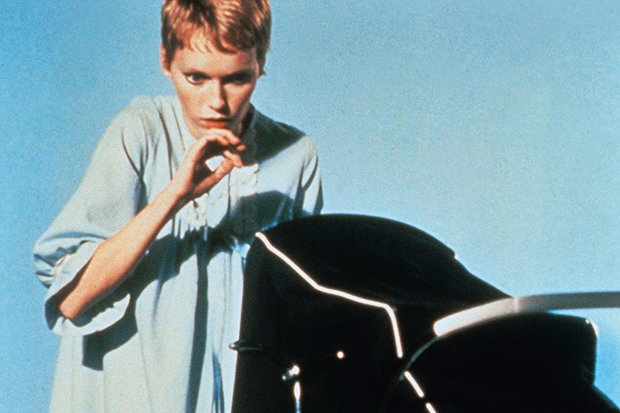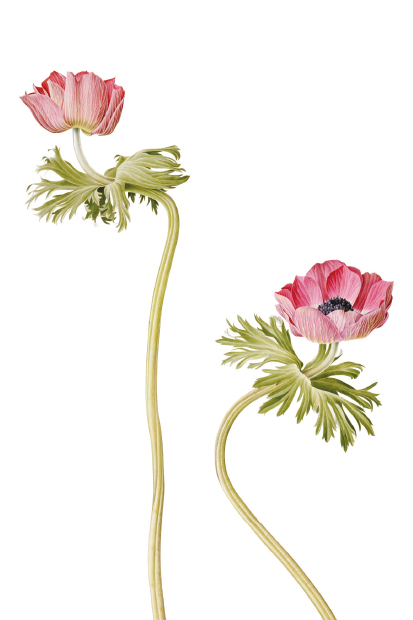Is it possible to tell a good poem from a bad one? To put the question another way: are there objective, even scientific, standards for evaluating literature? Helen Vendler has no doubts. Her spiky new collection of essays begins with the insistence that it is possible to prove how one poem is ‘superior’ to another, and ‘those who suppose there are no criteria for such judgments merely expose their own incapacity’.
Already a subscriber? Log in
Subscribe for just $2 a week
Try a month of The Spectator Australia absolutely free and without commitment. Not only that but – if you choose to continue – you’ll pay just $2 a week for your first year.
- Unlimited access to spectator.com.au and app
- The weekly edition on the Spectator Australia app
- Spectator podcasts and newsletters
- Full access to spectator.co.uk
Unlock this article
Daniel Swift is the editor of The Heart Is Strange: New Selected Poems of John Berryman
You might disagree with half of it, but you’ll enjoy reading all of it. Try your first month for free, then just $2 a week for the remainder of your first year.














Comments
Don't miss out
Join the conversation with other Spectator Australia readers. Subscribe to leave a comment.
SUBSCRIBEAlready a subscriber? Log in